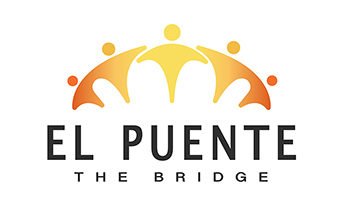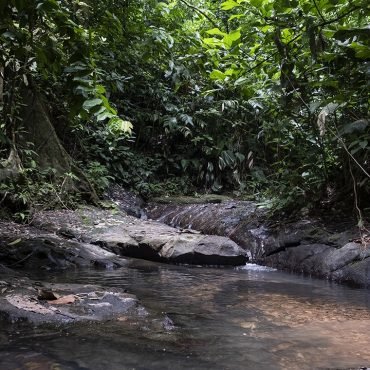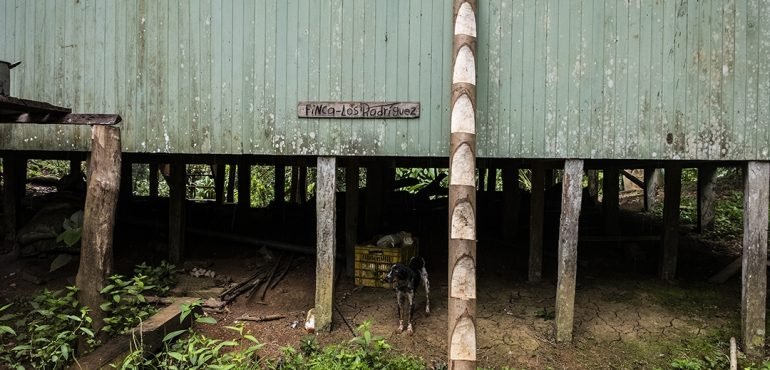Who Are The Bri Bri?
about the bribri
"Where do you get your water from?
“Where do you get your water from?”
I asked the young man who had led me up the trail to his house.
“From the creek down there.”
He pointed back to the stream we had splashed through on our hike.
“But sometimes it doesn’t rain, and the creek dries up,” he continued.
“Where do you get your water then?” I asked.
”When the creek dries up, we have no water,” he said matter-of-factly, and smiled.
And when it rains too much, the creek floods over the trail, cutting him and his family off entirely from the developing world.
This is life in the BriBri Reserve. The eastern border of the reserve is just a 15 minute walk to the rapidly developing tourist town of Puerto Viejo, with its boutique beachfront hotels, trendy coffee shops, and expensive restaurants. Fifteen minutes walk the other direction, into the reserve, will bring you to the house of Isac and his family.
Despite the lack of running water and electricity at the house, the setting is beautiful. Towering trees and thick vines surround it. The creek runs below. Bananas, cacao, and various other fruits and vegetables are growing on all sides. It is a very basic house, especially for the extended family of 12 (not including Isac’s first baby which is on the way), but appealing in its simplicity. A few hammocks are strung across the porch. It is a life of seclusion and self-sufficiency that is easy for busy westerners to romanticize.
A simple and beautiful life. Until there is a medical emergency, and you have no way to transport a sick or injured family member to a clinic. Or until your kids need to do their homework, but it is pitch-dark at 6pm. Until there is no rain, and the creek dries up.
The BriBri are sometimes referred to as “The Hidden People.” They are generally quiet and reserved, not especially extroverted. Most tourists that visit the area will enjoy their beach vacation and will leave with no concept that there is a population of thousands of these natives, living just beyond the borders of the development along the coast.
For the developing world at its doorstep, the indigenous reserve provides a convenient source of cheap labor ($4/hr is the minimum wage, but it is not unusual to hear of people being paid less). The BriBri living a short walk away from the ongoing development and economic boom are able to watch it, but not to participate in it. Jobs in this economy are mostly limited to manual labor, particularly clearing land by use of machete. Many boys begin this work a young age. Forgoing school to help provide for their family, they will continue working until their shoulder is ruined and they can chop no more. Then it is their sons’ turn. This is a cycle of poverty that is prevalent in the area.In a strange double-injustice, The Hidden People are not only exploited, but also excluded. First, they endured the loss of their land, resources and way of life. This loss was then followed by a racism against them from the very people that robbed them in the first place. The children are picked on at school, the adults are marginalized and discriminated against in town.
Despite the deck stacked against them, the BriBri are an incredibly capable and resourceful people. With a deep knowledge of jungle plants and their many uses, with their ability to live sustainably, and with their strong community bonds, The BriBri indeed have much to offer to a western world that can feel impoverished in ways beyond the financial.
The BriBri have survived and made a way in this jungle for over 5,000 years. By and large, they don’t need handouts. But in the developing world, is there a place for the BriBri?
El Puente’s mission is to be this place. Situated on the border between worlds, we provide a space where people can discover their inherent resources and connect in a community setting.
El Puente is a place where people are treated with hospitality and human dignity. A place that offers hope for a better future. And a place with access to basic resources that people need in order to exist in the modern world.




